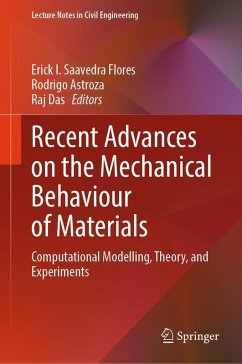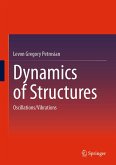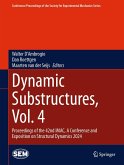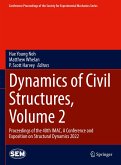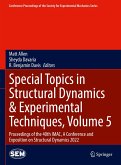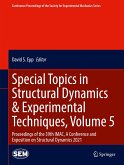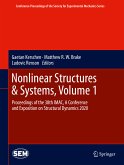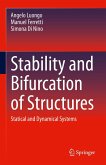This book is a collection of papers presented at the 14th International Conference on the Mechanical Behavior of Materials (ICM-14) held in Santiago, Chile, July 12-14, 2023. The mechanical properties of materials play a critical role in industrial and economic development. Advances in this field present significant challenges for current researchers in both industry and academia. The topics covered include mechanics of materials at the nano- and macro-scale, including metals, composites, ceramics, computational mechanics, dynamics, material processing, optimization, and biomechanics. The scope of materials of interest includes both industrial materials and those under development or used in specific applications. Some specific subjects include general mechanical behavior and constitutive models, mathematical modeling of materials, nano- and micro-mechanics, plasticity, computational mechanics, computational materials design, optimization of structures and materials, multi-scale modeling, and various specific materials such as biomaterials, high-temperature materials, and composites.
Dieser Download kann aus rechtlichen Gründen nur mit Rechnungsadresse in A, B, BG, CY, CZ, D, DK, EW, E, FIN, F, GR, HR, H, IRL, I, LT, L, LR, M, NL, PL, P, R, S, SLO, SK ausgeliefert werden.

